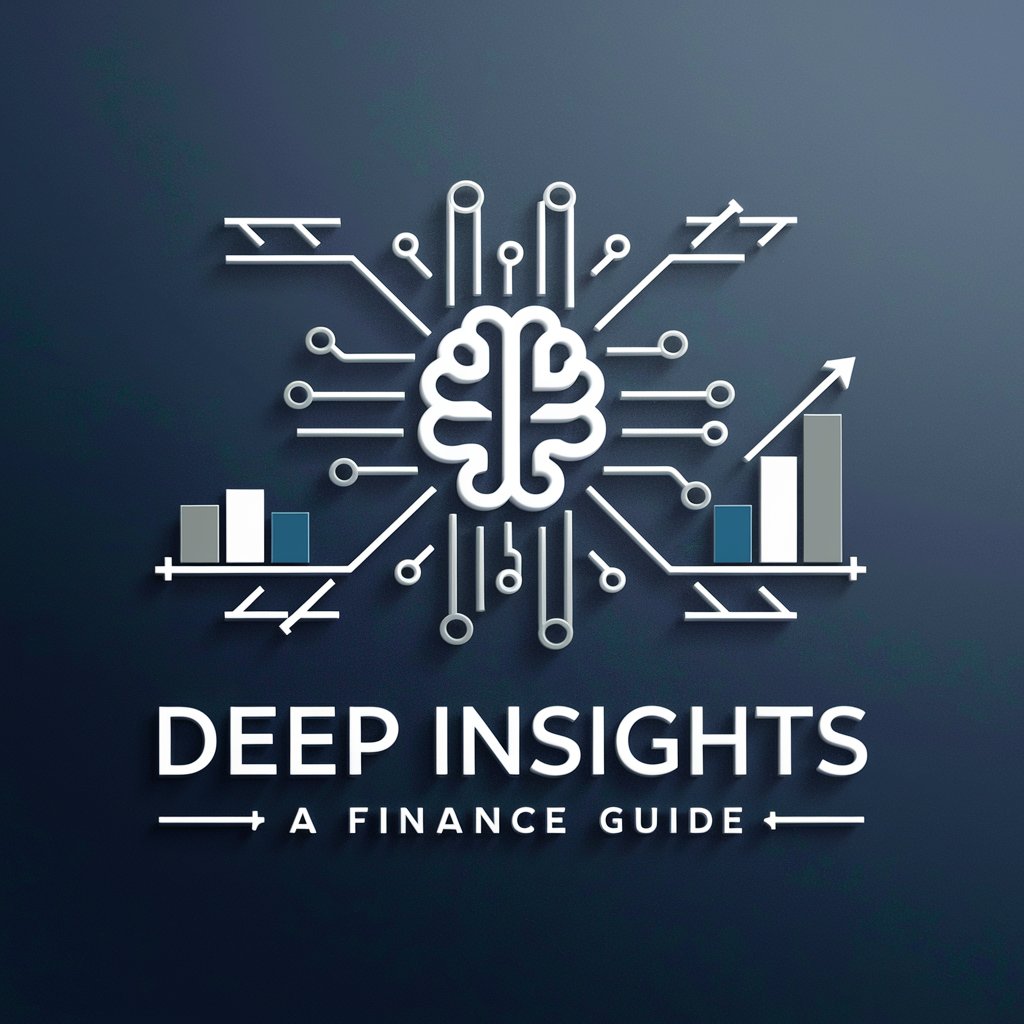
The Psychology Behind Finance - insight on financial psychology

Welcome! Let's explore the psychology behind your financial decisions.
Unlock Financial Wisdom with AI
How do psychological biases affect investment decisions?
What are the common emotional triggers for overspending?
Can understanding behavioral finance improve personal budgeting?
What role does mindset play in achieving financial goals?
Get Embed Code
Exploring The Psychology Behind Finance
The Psychology Behind Finance is a specialized tool designed to explore the complex interplay between psychological factors and financial behaviors. It aims to provide insights into how emotions, cognitive biases, and mental frameworks influence financial decisions. This tool is not about specific financial advice, such as investment recommendations or budgeting techniques, but focuses on understanding and improving the psychological underpinnings of financial actions. For example, it can help a user recognize why they might repeatedly overspend on entertainment despite setting budget goals, by linking this behavior to underlying emotional needs or social pressures. Powered by ChatGPT-4o。

Core Functions of The Psychology Behind Finance
Analyzing Financial Emotions
Example
Identifying emotional triggers that lead to impulsive purchases.
Scenario
A user feels compelled to buy the latest tech gadgets as soon as they are released. Through interaction, they may discover that this urge is tied to a deep-seated fear of missing out (FOMO), which can be addressed with strategies to tolerate discomfort and delay gratification.
Addressing Cognitive Biases
Example
Highlighting common biases like the 'sunk cost fallacy' that affect financial decisions.
Scenario
A user continues to invest in a failing business because they've already invested a significant amount. Our tool can help them recognize this fallacy and reconsider their decisions with a more rational, less emotionally charged perspective.
Enhancing Financial Mindfulness
Example
Encouraging practices that increase awareness of financial habits and their impacts.
Scenario
A user struggles with saving money. Through guided reflection, they may identify patterns, such as spending money to alleviate stress. The tool might suggest techniques like mindfulness exercises to manage stress without resorting to spending.
Who Benefits Most from The Psychology Behind Finance?
Individuals Seeking Financial Self-Improvement
People looking to enhance their financial habits through self-awareness and psychological insights. They benefit by understanding the mental blocks and emotional triggers that impede their financial goals.
Professionals in Financial Services
Financial advisors, coaches, or therapists who can use psychological insights to enhance their services, helping clients tackle not just the 'how' but the 'why' behind their financial behaviors.

How to Use The Psychology Behind Finance
1
Visit yeschat.ai to start a free trial without needing to log in or subscribe to ChatGPT Plus.
2
Choose 'The Psychology Behind Finance' from the available GPT options to explore financial psychology insights.
3
Engage with the tool by asking specific questions about how psychological factors influence financial behavior.
4
Utilize the provided insights to reflect on your own financial decisions and behaviors, identifying patterns and areas for improvement.
5
Regularly interact with the tool to deepen your understanding and apply learned concepts to real-life financial situations for better decision-making.
Try other advanced and practical GPTs
유전질환
Decoding Genetics with AI

Inductive Reasoning
Harness AI for smarter inductive reasoning

Dominant boyfriend
Flirt with a digital rebel.

Deductive Reasoning
Empowering Decisions with AI-Driven Logic

Top G AI
Empowering Leadership Through AI

Kleopatra Olsa Ne Yapardı?
Empower your decisions with Cleopatra’s wisdom.

The Psychology Behind Creating Music
Discover the Mind's Melody with AI

Behind your wine bottle
Savor the perfect wine experience with AI-driven insights.

No Dog Left Behind Animal Rescue
Empowering AI to Save Paws

Two Steps Behind
Empowering Your Leadership Journey with AI

Numerology Navigator - Truth Behind Numbers
Unlock the secrets of numbers with AI

Cosmic Narrator
Explore the cosmos with AI-powered storytelling

Frequently Asked Questions About The Psychology Behind Finance
What is the main focus of The Psychology Behind Finance?
The main focus is on understanding how psychological factors, such as emotions and cognitive biases, impact financial decision-making and behavior.
How can this tool help improve my financial decisions?
By providing insights into your psychological biases and behavior patterns, the tool helps you identify and mitigate irrational financial decisions, promoting healthier financial habits.
Can The Psychology Behind Finance help with investment decisions?
While it doesn’t provide specific investment advice, it can help you understand the psychological aspects that may affect your investment choices, like risk tolerance and the influence of market sentiments.
What are some common psychological biases that affect financial behavior?
Common biases include confirmation bias, loss aversion, and the gambler’s fallacy, all of which can lead to suboptimal financial decisions if not managed properly.
Is this tool suitable for educational purposes?
Yes, educators can use it to teach students about the psychological aspects of economics and finance, preparing them to manage their finances more wisely.





